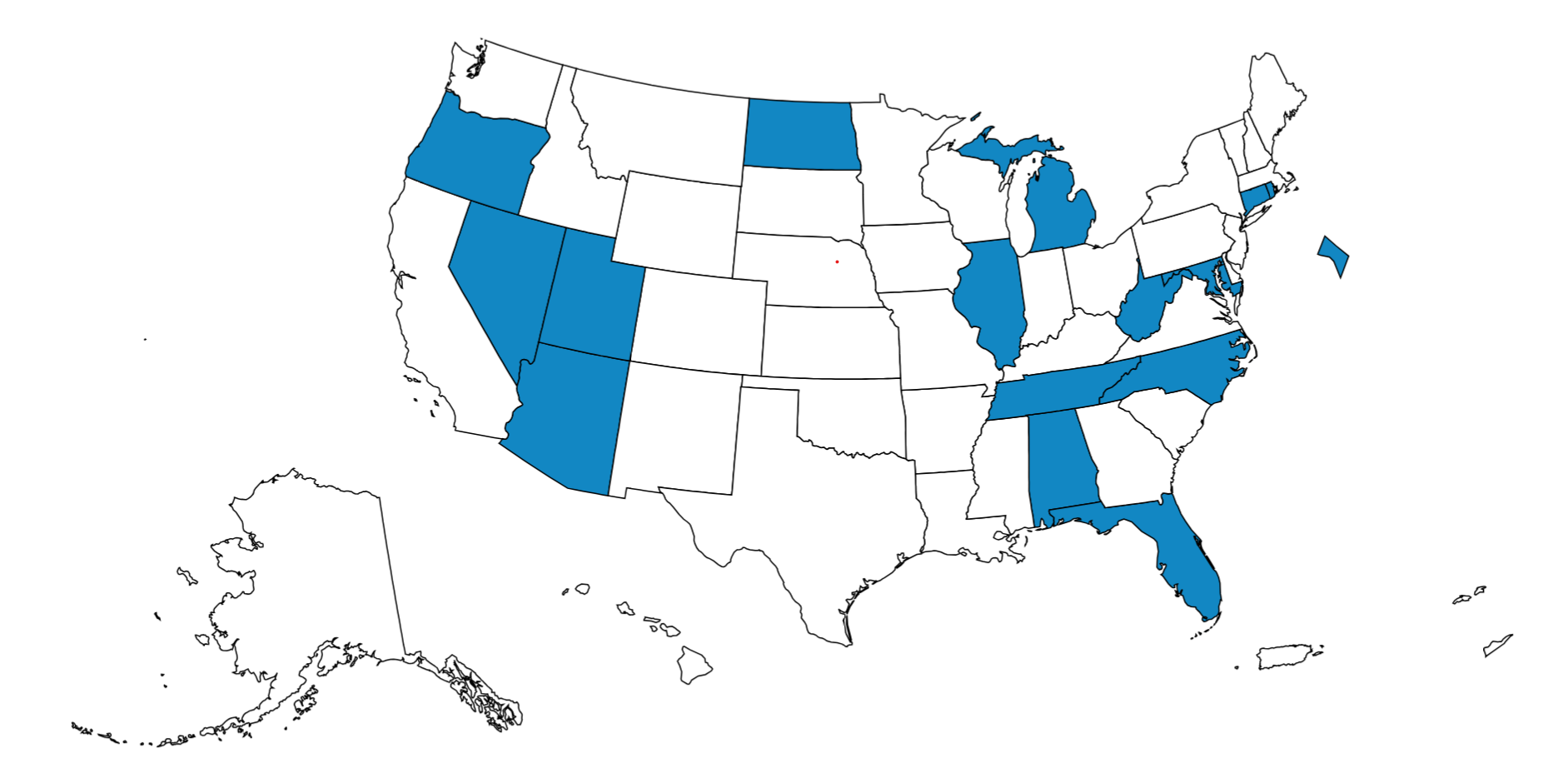Under the forthcoming Illinois Receivership Act (HB0028)—which on May 22, 2025 has passed both houses of the 104th General Assembly a receiver can be appointed to take custody, control, and/or manage various types of property, assets, businesses, and legal rights under court supervision.
The Illinois State constitution gives legislative leaders 30 days from a bill’s passage to send it to the governor. Gov. JB Pritzker then has 60 days to sign or veto the bill. If the Gov. JB Pritzker takes no action in that time frame, the HB0028 would become law automatically.
Here is a comprehensive list of all circumstances and types of appointments under the Illinois Receivership Act:
General Circumstances for Appointment
A court may appoint a receiver when:
- A party with a valid claim seeks a remedy involving property, and there’s a risk the property may be lost, concealed, damaged, or diminished in value.
- The property or business is subject to litigation, foreclosure, partition, or dissolution.
- To enforce a judgment, especially where assets need to be preserved or collected.
- To prevent fraud, waste, or mismanagement.
- To carry out the terms of a contract, trust, or court order.
- In aid of execution, attachment, or other provisional remedies.
- As authorized by statute, contract, or agreement.
- Where receivership is equitable and just under the circumstances.
Types of Property or Interests Over Which a Receiver May Be Appointed
1. Real Property
- Commercial or investment real estate
- Vacant, abandoned, or blighted properties
- Foreclosed properties
- Property under building code violations
2. Personal Property
- Inventory, equipment, furniture, and fixtures
- Vehicles, machinery, or materials used in a business
3. Intangible Property
- Intellectual property (trademarks, patents, copyrights)
- Licenses or permits
- Goodwill
- Contractual rights and claims
- Digital assets and data
4. Business Entities
- Entire corporations, LLCs, partnerships, or other entities
- Specific divisions or subsidiaries within a larger company
- Businesses involved in shareholder or partner disputes
- Entities being dissolved or wound down
5. Rents and Profits
- Collection of rents from tenants
- Income-producing real estate
- Property with non-performing loans
6. Judgment Enforcement
- To collect or marshal assets of a judgment debtor
- To prevent fraudulent transfer or concealment of assets
- To execute against debtor-owned businesses
7. Probate and Estate Matters
- Management of assets in probate litigation
- Trust disputes or mismanagement of estate property
8. Family and Divorce Proceedings
- While not the Act’s core focus, receivers may be used in divorce or child support cases where: A party hides or dissipates marital or nonmarital assets Court enforcement of property division or support orders is needed
9. Municipal and Regulatory Receiverships
- Appointment at the request of a municipality for: Unsafe, vacant, or code-violating buildings Public nuisance properties Buildings endangering public health and safety
10. Distressed or Spun-Off Business Units
- Receivership for “bad” or liability-ridden assets to protect core business
- Isolation of litigation-prone or insolvent subsidiaries
- Reorganization or liquidation of non-performing units
Powers of the Receiver Under HB0028
- Take possession of and control receivership property
- Operate a business, collect rents or profits
- Enforce legal claims or defend lawsuits
- Sell, lease, or transfer receivership property (with court approval)
- Hire professionals (attorneys, accountants, property managers)
- Restructure contracts or obligations
- Create and implement budgets
- Comply with court reporting and accounting duties
Special Use Cases
- Environmental cleanup of contaminated real estate
- Healthcare facility oversight (e.g., nursing homes under distress)
- Cyber or data breach response where digital assets must be preserved
- Cross-border asset control if part of a multi-jurisdictional receivership
Summary
The Illinois Receivership Act (HB0028) significantly modernizes and broadens the scope for appointing receivers. It is not just for real estate or foreclosure anymore—it provides a powerful tool in commercial, civil, and even family litigation to preserve, manage, restructure, or liquidate virtually any form of property or interest, including intangible and distressed business assets.
For a receiver who combines legal acumen, operational efficiency, and a client-centric approach, Illinois Receiver is the optimal choice. Entrust your receivership cases to Illinois Receiver to experience professionalism and results that align with the highest standards of the Illinois Receivership Act.
For more information or to initiate a receivership appointment, visit IllinoisReceiver.com or contact (312) 607-4646.
By: Arthur R. van der Vant
Illinois Receiver











